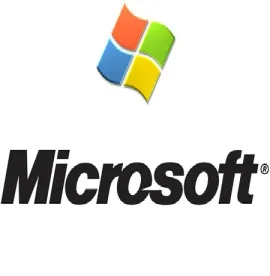Addressing issues of claim construction and obviousness, the US Court of Appeals for the Federal Circuit affirmed the Patent Trial and Appeal Board’s (PTAB’s or Board’s) constructions and invalidity rulings, clearing the way for the parties to return to district court following numerous challenges to the asserted database management patents. Microsoft Corporation v. Enfish, LLC, Case Nos. 15-1734; -1736; -1737; -1738; -1739; -1740; -1741; -1742; -1816; -1817; -1818; -1819 (Fed. Cir., Nov. 30, 2016) (Taranto, J) (non-precedential).
Enfish sued Microsoft alleging infringement of two patents directed to techniques for storing data in a table, where certain columns may be defined by rows in the database. In May 2016, the Federal Circuit found Enfish’s asserted claims to be patent eligible, reversing a district court ruling and concluding that claims directed to improvements in computer functionality may not be directed to abstract ideas if the invention is directed to an improvement in the operation of a computer itself (IP Update, Vol. 19, No. 6). Apart from the patent-eligibility challenges, Microsoft also filed five separate petitions requesting inter partes review (IPR) of the asserted patents. The PTAB granted the IPR petitions and ultimately held some of the disputed claims to be unpatentable as obvious, but rejected unpatentability challenges as to certain other claims. Microsoft and Enfish appealed respective adverse portions of the PTAB rulings.
On appeal, Enfish argued that the PTAB erred in its construction of the claim term “object identification number” (OID), while Microsoft argued that the patentable disputed claims should have been found unpatentable for anticipation or obviousness. The Federal Circuit rejected Enfish’s claim construction challenge with respect to the OID term, concluding that neither the claims nor the specification require the OID to be “unique,” “system generated” or “immutable.” With respect to Microsoft’s anticipation and obviousness arguments, the Court concluded that Microsoft did not provide sufficient articulated reasoning to show that the PTAB erred in its anticipation and obviousness analysis of the disputed claims.



 />i
/>i
